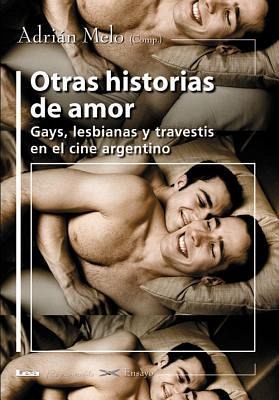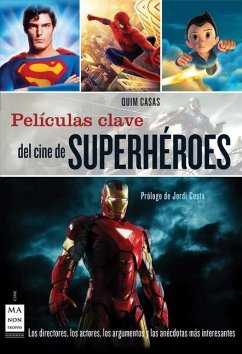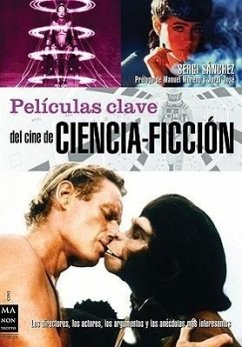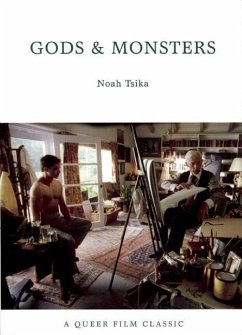
Otras Historias de Amor: Gays, Lesbianas Y Travestis En El Cine Argentino
Versandkostenfrei!
Versandfertig in über 4 Wochen
15,99 €
inkl. MwSt.

PAYBACK Punkte
8 °P sammeln!
The character Pocholo, played by Homero Cárpena in the 1933 film Los tres berretines, marks the first gay man portrayed in Argentinean cinema. Thereafter, this stereotype of the gay character appeared in countless popular comedy films, infallibly the butt of every joke. The filmic representation of lesbians came two decades later with women's prison films and seemed to constitute a moralizing pedagogy: if a woman is a lesbian, she deserves to be behind bars. Beginning with these foundational representations of homosexuals in film, this book presents a comprehensive analysis of filmic represen...
The character Pocholo, played by Homero Cárpena in the 1933 film Los tres berretines, marks the first gay man portrayed in Argentinean cinema. Thereafter, this stereotype of the gay character appeared in countless popular comedy films, infallibly the butt of every joke. The filmic representation of lesbians came two decades later with women's prison films and seemed to constitute a moralizing pedagogy: if a woman is a lesbian, she deserves to be behind bars. Beginning with these foundational representations of homosexuals in film, this book presents a comprehensive analysis of filmic representations of diverse sexualities in Argentine film from the 1930s to the present.












